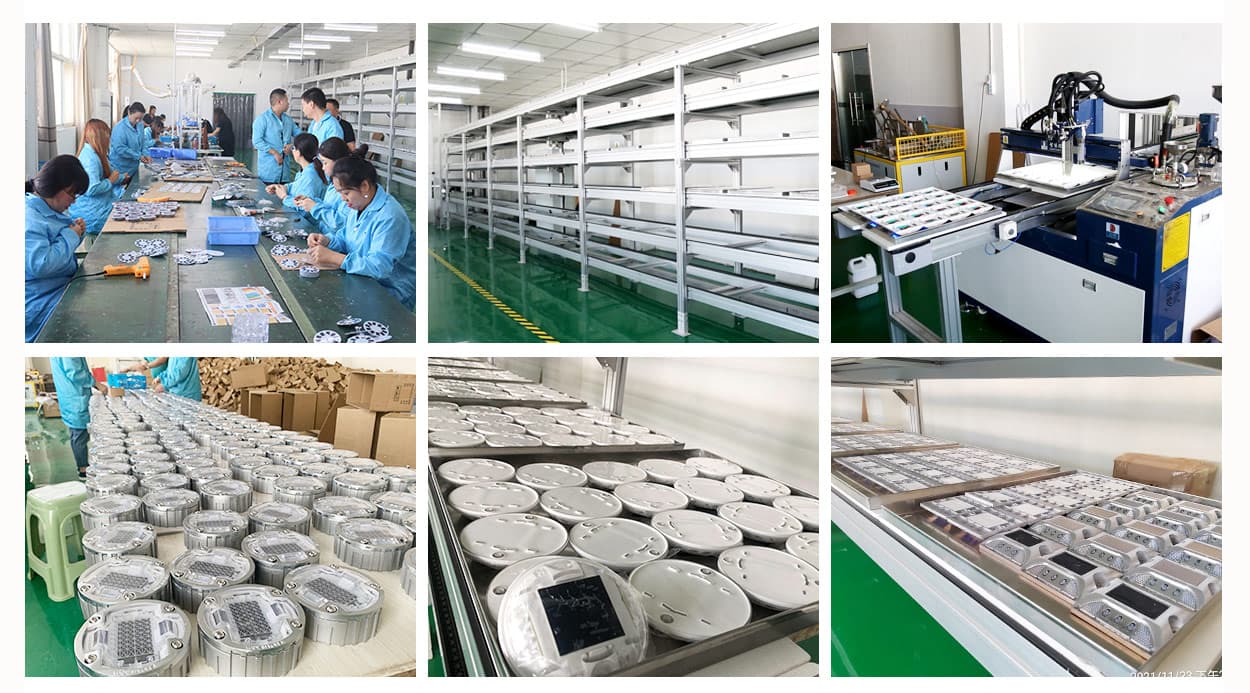


.jpg)
Aug 29, 2007 · * White studs mark the lanes or the middle of the road. * Red studs mark the left edge of the road. * Amber studs mark the central reservation of a dual carriageway or motorway. * Green studs mark
.jpg)
Reflective road studs are used to mark the lanes and edges of the carriageway. Each colour marks a different part of the road: white studs mark the lanes or the middle of the road red studs mark
.jpg)
Oct 08, 2018 · This is the first time a project involving dynamic delineation has ever been introduced at a major motorway junction on the strategic road network in England. The LED road studs which illuminate in
.jpg)
On UK roads today there are various types of road stud all of which have different meanings: The original Cats Eyes are white studs that separate lanes or the middle of the road. Red studs warn motorists that they are close to the left edge of the road. Amber studs warn drivers of the central reservation of a dual carriageway or motorway.
.jpg)
Jan 20, 2015 · Highways England are set to install 170 intelligent road studs at one of the country’s busiest junctions in Merseyside. The new LED road studs are connected to the traffic lights at the junction, and light up green when the traffic lights switch to green.
.jpg)
Amber studs mark the central reservation of a dual carriageway or motorway. Green studs mark the edge of the main carriageway at lay-bys and slip roads. Green/yellow studs indicate temporary adjustments to lane layouts, e.g. where road works are taking place. Other countries have different types of reflective road studs.
.jpg)
Motorway or dual carriageway reflective studs (or cat’s eyes as they are also referred to) are designed to be most effective in poor light conditions by reflecting light back to the driver to signify which part of the motorway they are driving on, or where they might need to exit.
.jpg)
The cats-eye road stud was used on the first motorway and by the end of the 1960's and in 2003 we developed a UK long life variation. ENGLAND, SCOTLAND, IRELAND & WALES 01934 825 850
.jpg)
ok well you have got four colours of reflecting studs. Green, Red, White, Amber. Green are on the slip loads. Red are on hard shoulder. white between lanes and Amber at central reservation.
.jpg)
Feb 09, 2018 · Green tells you that this part of the motorway can be driven over as there's a slip road, lay-by or - on some A-roads - a bus stop. more uk road rules DON'T BE A FUEL
.jpg)
Road studs are most commonly milled, meaning that a cavity is created in the road which the stud can be embedded into. Halifax studs are the familiar ones which depress into the road surface when you drive over them, while Stiglite, solar and Stimsonite click studs remain on the road surface, and are built to resist impacts and weathering.
.jpg)
The use of NOKIN solar stud Road Studs has provided a significant contribution to road safety in the UK and abroad. For this installation on the M40 motorway Clearview worked alongside Atkins and The Highways Agency.
.jpg)
In practice, this is usually the left edge of the carriageway, as cars in the UK drive on the left-hand side of the road. Amber studs; Amber studs mark out an area which should not be crossed on the right-hand side of the road. In practice, this is usually the central reservation on a dual carriageway or motorway. Green studs
.jpg)
Green studs run between a motorway and its slip road. White studs run between the lanes on a motorway. Amber studs run between the central reservation and the carriageway. Red studs run between the carriageway and the hard shoulder.
.jpg)
ROAD STUDS AT CROSSINGS 6.15 Road studs to diagram 1055.1 or 1055.2 used to mark a crossing place must be coloured white, silver or light grey (regulation 11 (4)). They may not be fitted with reflective lenses or with a steady or intermittent light source, but may be formed from retroreflecting material.